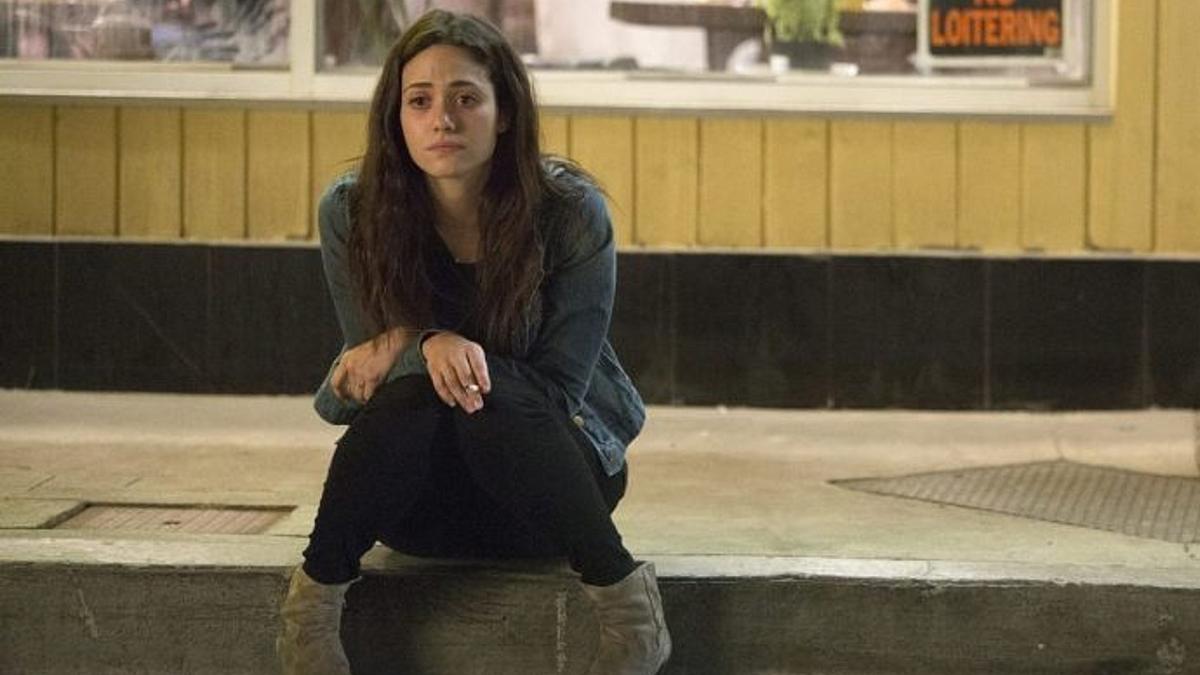
CONTENT WARNING: This article discusses domestic violence.
One of the first things that people online tend to say when they hear about a toxic relationship or hostile situation is some variation of, “why didn’t they leave sooner?”
It’s a knee-jerk response by people who’ve been fortunate enough to avoid relationships and friendships that make them feel trapped or fearful, and it’s something that’s easy to say on the outside. But for some people who’ve been in those sorts of situations, whether it’s in the context of a relationship, friendship or family situation, it’s a lot harder.
And for some, the lasting effects of those toxic relationships, especially if they’re in the early years (maybe it was a parent or first partner), can be really hard to challenge in future.
To find out more about the pressure and reality of life after a toxic relationship, we turned to our Kids Helpline podcast, H R U?, as host Marty Smiley spoke to comedian Concetta Caristo about her upbringing and personal experience.
Concetta is definitely one of those people who’s not afraid to tackle that kind of subject matter, but it wasn’t always the case. She grew up with a father who was violent towards her and the rest of her family, and it’s something she’s had to take time to come to terms with.
And it’s not just coming to terms with the fact it happened — it’s coming to terms with what happens after. During the podcast she speaks about how she and her family escaped the situation, and finally were out of range. But it wasn’t all peachy after that.
“After that happened, honestly in my head I thought … ‘my life should be good now’,” she said. Because it stands to reason that being outside of the situation means you’re out of harm’s way, right? Wrong.
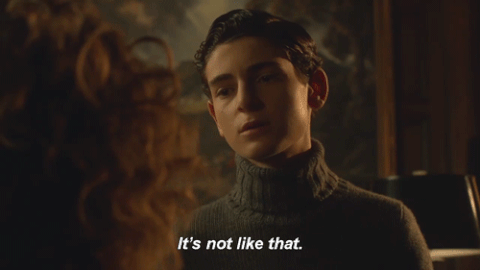
It wasn’t until later on when she found herself in a romantic relationship she realised the impact this kind of upbringing had on her approach to different situations.
“I had a boyfriend who was one of the most loving, kind, open, beautiful souls, who opened me up,” she said. “We would get into these patterns. Patterns where I would be reacting really big to lots of small things, and it became really draining.”
“I remember he would say to me, ‘I love you and I care about you but maybe you need to talk to someone about these feelings that you’re having’.”
Because ultimately, dealing with those emotions isn’t something that you might automatically think to do — ESPECIALLY if the relationship you’re in isn’t one that makes you feel toxic. But it’s so, so important to address them so that you don’t become toxic yourself.
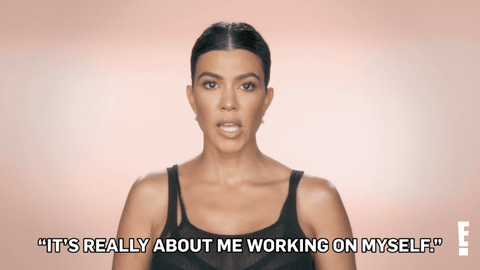
It’s situations like Concetta’s that really make you realise how difficult it can be to navigate the realms of toxicity and recovery, because when she first started talking about the relationship, I had braced myself to hear it was an echo of the same sort of toxicity she’d faced as a kid.
Hearing that it was a healthy, open romantic relationship challenged the assumption and made me realise it’s not always going to be dealing with toxicity from other people — it’s the toxic impact it has on your being.
“Toxic relationships aren’t always with violence,” she said. “It can be other ways, different ways, smaller ways… That’s something that I got to learn about.”
And as someone who’s dealt with a toxic romantic relationship where that was the problem? It’s pretty confronting to realise.
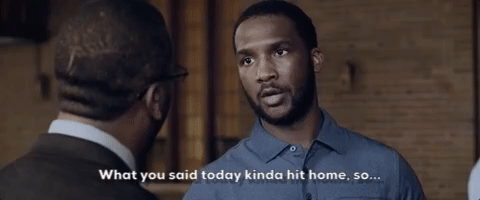
So ultimately what she did was go and speak to a counsellor. Not just at the advice of her partner, but because she identified that the toxic feelings were still inside her going unaddressed.
“[In therapy] My father came up and I realised that the work starts now. There is so much that I’ve learned about love and about hurt, and about protecting myself, that came from my upbringing.”
And honestly, that’s what holistic recovery has to be. Escaping the situation always comes first, but the job isn’t over yet. Speaking to counsellors, being open about your experience and being willing to address the feelings it has left you with? That’s an ongoing gig.
Anyone who hears all that and still wants to rag on about why you didn’t get out of the situation fast enough? That to me looks like a prime candidate for the bin.
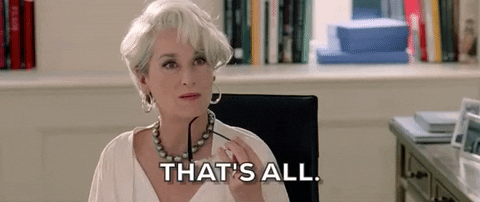
The podcast episode closes out with Kids Helpline specialist Josie discussing how hard it can be to identify whether someone is even IN a situation they need to get out of.
“We don’t know what to base our expectations on until we have our own experiences … It can be really confronting when we see that our expectations aren’t lining up, or even to notice that what we’ve seen and what we’ve learned from other relationships is not actually the healthy option or the one that’s gonna serve us the best.”
As a counsellor, she relies on the people calling to be able to be open about what’s really happening in their relationships.
But beyond that, she wants people to know that although some callers may be in a period of crisis or lack of control, there’s always something they can control, and that’s their response to whatever is going on.
The challenge is identifying when that response isn’t quite right.
Help is available.
If you require immediate assistance, please call 000.
If you’d like to speak to someone about domestic violence, you can reach Kids Helpline at 1800 55 1800 (for under 25s) or call the 1800 Respect hotline on 1800 737 732.







